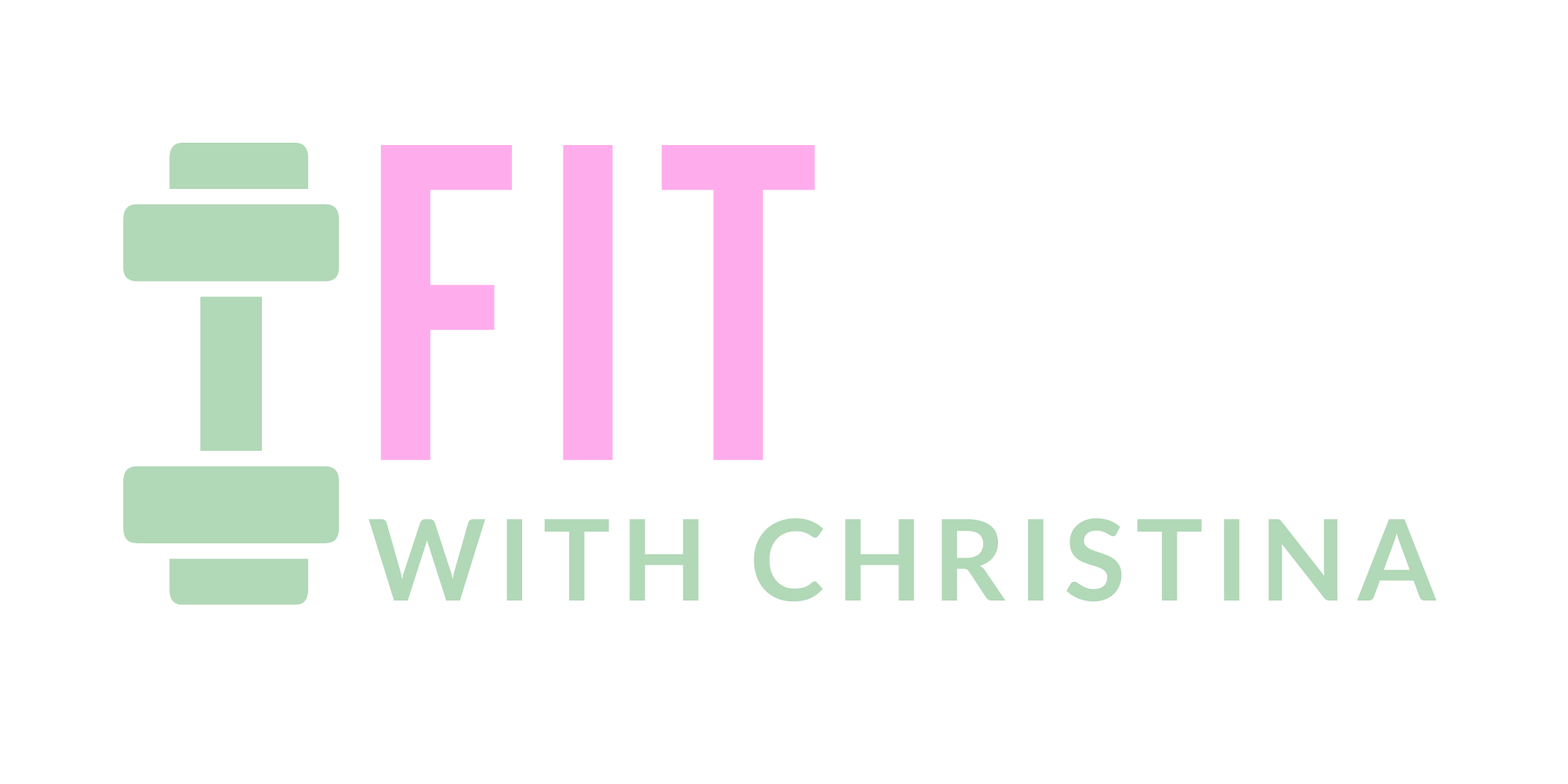In today’s webinar on my YouTube channel, I discussed why weight loss and weight management can become more challenging for women during menopause. I take a common sense approach and go back to basics in some key areas to overall health. I also highlighted: key vitamins and nutrients required for menopausal women, different approaches to weight loss, habit stacking vs. tracking, inflammation in the body, the gut microbiome, intermittent fasting is it appropriate and why, and added sugars in our foods.
With the three main sex hormones (estrogen, progesterone and testosterone) fluctuating and/or declining during this time, the body is definitely effected and it can make it harder for he body to burn calories efficiently as more body fat may be stored. There are 34 ( and possibly more!) symptoms of peri menopause/menopause and they can be debilitating for so many women. As our hormones fluctuate, you may be experiencing weight gain, particularly around the mid section, hot flashes, night sweats, joint pain, etc, just to name a few. As upsetting as this can be, there is so much that can be done within your control to feel better and help thrive during this time. Finding your “why”, and staying positive and empowered is key. Also knowing that there are solutions that can be discussed with your doctor. Now is such an exciting time for women because there is so much more conversation, data and attention on all the stages of menopause than in year’s past! We can help our next generation of women be ready for their future with additional support, knowledge and information as additional studies are done. As discussed in today’s webinar, knowledge is power and being more aware of your body is paramount in symptom management and thriving during this time. I recommend keeping a log of your symptoms and/or anything you are trying within your control (ie. nutrition, movement, etc) to help mitigate symptoms, as this will serve as a useful tool in discussions to identify viable solutions with your trusted physician.

Some of these reasons include:
- Metabolic changes: As women age, diminishing muscle mass can slow metabolism , making it more difficult for the body to burn calories. This can make weight loss more challenging, but adding strength training can be a game changer to replace muscle mass lost, improve bone density, muscle mass, balance, and mobility, and you will feel so much stronger!
- Insulin resistance: Insulin resistance is a condition in which the body’s cells are less responsive to insulin, which can lead to an increase in blood sugar levels. Insulin resistance is more common in women during menopause and can make it more difficult to lose weight. Cardiovascular exercise like walking, swimming, or biking, is not only be beneficial for heart health, but it can help manage insulin levels and lower blood sugar post exercise. Combined with resistance training as mentioned above, this will have a huge effect on overall health, not to mention what it does for us mentally by releasing endorphins, helping mood, outlook and lowering stress.
- Stress can lead to an increase in cortisol, a hormone that can lead to weight gain, particularly in the abdominal area. Having a strategic stress management plan will help dramatically. Finding activities you enjoy and create calmness like, walking, meditation, yoga, reading, talking with a friend, …whatever suites you!
- Lack of physical activity due to lifestyle changes, injury, or chronic health symptoms can make women less active which may lead to weight gain. Reframing exercise to not just “burn calories” but rather making daily movement part of our toolbox for enjoyment, overall health, mobility, etc, will be beneficial.
- Sleep issues: Sleep problems, are common during menopause and can lead to weight gain. Poor sleep can disrupt hormones that regulate appetite, leading to overeating and weight gain as well as add to brain fog, overall mood and energy levels.

Here are some foods that contain the key vitamins and minerals discussed today:
- Calcium: dairy products such as milk, cheese, and yogurt; leafy green vegetables such as broccoli and kale; and fish such as salmon and sardines.
- Vitamin D: fatty fish such as salmon and tuna; egg yolks; and mushrooms.
- Vitamin B12: meat, fish, and dairy products.
- Vitamin C: citrus fruits such as oranges and lemons; berries such as strawberries and blueberries; and leafy green vegetables such as kale and broccoli.
- Vitamin E: nuts and seeds such as almonds and sunflower seeds; avocados; and leafy green vegetables such as spinach.
- Iron: meat, poultry, fish, and leafy green vegetables.
- Magnesium: leafy green vegetables such as spinach and chard; nuts and seeds such as almonds and pumpkin seeds; and whole grains such as brown rice and quinoa.
- Omega-3 fatty acids: fatty fish such as salmon and tuna; flaxseed and chia seeds; and walnuts.
- Fiber: fruits, vegetables, nuts, seeds, and whole grains.
- Protein: meat, poultry, fish, beans, lentils, and tofu.What is the role of gut microbiome in menopausal women
It’s important to note that weight loss and/or management during menopause can be achieved with a healthy diet, regular physical activity, a solid stress management plan, quality sleep, a healthy mindset and a trusted physician you can consult. The put YOU in the driver’s seat of your health and well being!
Here is the link to the webinar: https://youtu.be/J0rwJ7wb5H8

